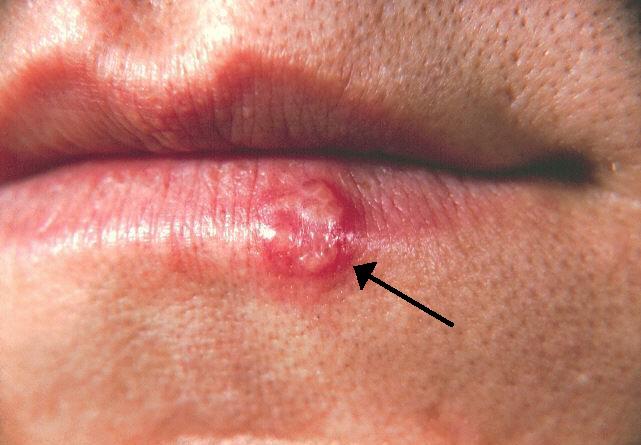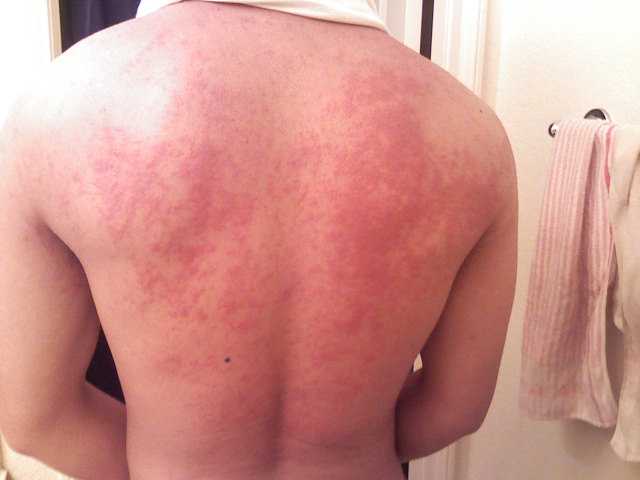Stress & Your Skin
On Feb 23, 2015
They say that life happens when you are busy making plans. This saying is quite true as it relates to your skin health. Although life can be stressful and full of surprises, your skin can show the hand that has been dealt to you as lines and dark circles can signify your everyday life. This article answers some questions relating to how stress can affect your skin, a new field in dermatology that specifically deals with how stress and your skin are related and what you can do about managing your stress.
Stress Affects Us Differently
Although stress affects us in different ways, it can make our skin more sensitive and more reactive. If you suffer from acne or rosacea, stress can make these conditions more persistent. Stress is also a known trigger for fever blisters, seborrheic dermatitis and has been shown to impair skin barrier function and dehydrate your skin. You may also notice that when your stress levels are high, you tend to neglect your skin care as well. When your skin becomes irritated due to stress, scratching and rubbing tend to come with the territory.

Let’s break it down a little more, shall we? The stress hormone, cortisol, is released in abundance when you are dealing with stressful situations, thus creating skin reactions such as pimples and excess oil. If you’re able to reduce the amount of stress you're experiencing, you can decrease the release of pro-inflammatory stress hormones and chemicals. Setting up an appointment with a dermatologist, who can prescribe effective treatments, can significantly improve your skin’s appearance. It’s also good to point out that if your stress comes from underlying sources, such as mental or work related, it may be best to seek a mental health professional. It’s important to know what triggers your stress so you can be proactive about preventing it.
What is Psychodermatology?
There’s a new field that dermatologists and patients alike are exploring: psychodermatology. "Psychodermatology is a field that addresses the impact of an individual's emotion as it relates to the skin," says Karen Mallin, PsyD, an instructor in the departments of psychiatry & behavioral sciences and dermatology & cutaneous surgery of the University of Miami/Jackson Memorial Hospital in Miami. Dermatologists have drawn a connection between stress and your skin health. A study at the Touch Research Institute at the University of Miami revealed that children's moods and activity levels improved as did their skin conditions after massage therapy.
The mind-skin connection makes complete sense to Shelley Sekula-Gibbs, MD, clinical assistant professor of dermatology at Baylor College of Medicine in Houston. She says that studies show that at least 30% of all dermatology patients have some kind of underlying psychological problem that often goes unaddressed, at least on their initial visit. Sekula-Gibbs also says that if the problem is addressed, it can have a positive and powerful impact in improving their skin's condition. All in all, it’s important for you and your dermatologist to be on the same page so your skin conditions can be handled in the most appropriate way.
Please keep in mind that since this is a relatively new medical field, there is much research to be done in regard to how effective treatment options are and the publication of case studies. We felt that it was important to touch upon this topic as it could help our readers.
Ways to Combat Stress
When your stress levels begin to rise, it’s important to try to address your stressors and alleviate your stress. Whether you had a long and tiring day, don’t neglect your skin care routine. You may want to try some breathing exercises or meditation techniques, cardio, or a hobby. These methods could help you maintain a healthy level of stress and could help prevent any flares ups regarding your skin. We’d also like to point out that getting enough sleep could greatly improve your stress symptoms as your body recharges when you’re asleep. As mentioned above, talking to a family member, a friend, or an appropriate health care professional are all ways to address your stress.

Wrapping It Up
In conclusion, stress can manifest in our bodies in many forms, depending on how we deal with what comes our way. Skin conditions such as acne, rosacea and eczema can flare up when we become stressed. Psychodermatology could be paving the way to help patients and dermatologists understand the connection between stress and skin conditions. We certainly hope this article gives you a better understanding of how stress can influence skin health and what options you have in reducing the impact of stress on your skin.



Comments
Leave a Comment